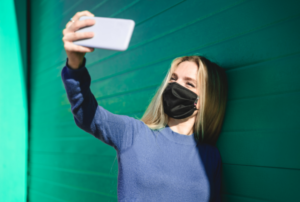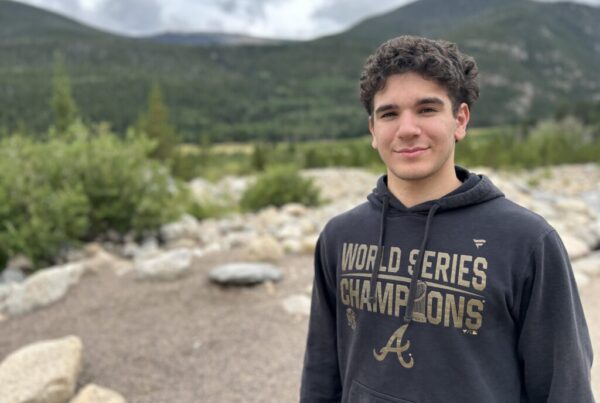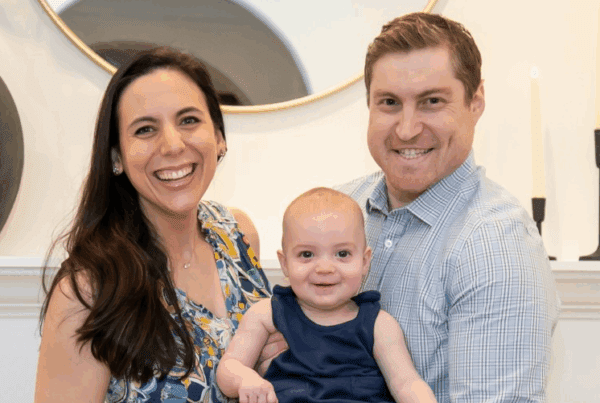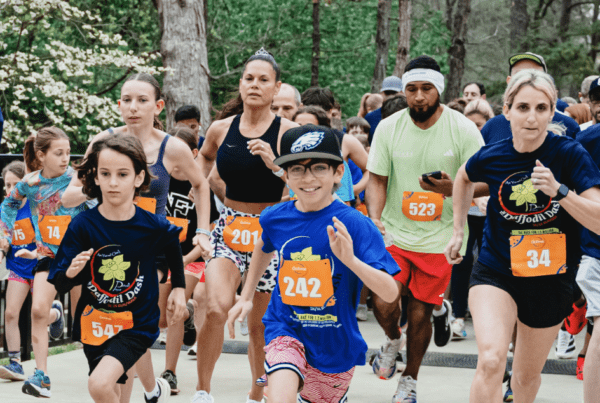 May is mental health awareness month, and a good time to look more closely at Federation and Jewish Family & Career Services (JF&CS) recent COVID-19 Jewish Community Self-Care Study. The study revealed that two particular age groups in our community experienced the greatest stress and anxiety during the pandemic year. Many mental health issues, including substance abuse, surfaced from the survey, but the deep need for activities that support human connection was evident across all age groups.
May is mental health awareness month, and a good time to look more closely at Federation and Jewish Family & Career Services (JF&CS) recent COVID-19 Jewish Community Self-Care Study. The study revealed that two particular age groups in our community experienced the greatest stress and anxiety during the pandemic year. Many mental health issues, including substance abuse, surfaced from the survey, but the deep need for activities that support human connection was evident across all age groups.
Under 24–year–olds reported high levels of anxiety and loneliness because they couldn’t be with their friends. They also worried about the vulnerability of older loved ones to the virus. We know that a robust social life is core to this age group.Those under 24 lack the life experience to cope and understand that this too will pass. As we think about responses to their needs, a core question for this age group is how do we help them build resilience skills and stronger self–care practices?
35-44–year–olds, especially parents who were homeschooling their kids, were deeply affected by the combined stressors of meeting their responsibilities to their families and doing their jobs. They feared the illness, were anxious about supervising their childrens’ education, and felt high stress around taking care of others. Core questions for this age group: TV watching, visiting in person, exercise, being outdoors, and cooking sustained this group. How can we balance their family responsibilities with their need for personal care?
Dan Arnold, Director of Clinical Services at JF&CS believes the stress we are experiencing may not subside any time soon. He cites the “Shadow Pandemic” where mental health concerns are expected to follow even as COVID cases decline, “We’re in the midst of a collective trauma,” Arnold says. “Trauma often overwhelms the ability to cope and diminishes the ability to feel a full range of emotions. Clinicians need to understand the sense of betrayal, confusion, and loss that so many are feeling.”
Amy Glass, a director in Federation’s Community Planning and Impact helped design and field the self-care survey. She feels there’s a strong community call to action coming out of the results. “I hope every Jewish professional will think creatively about how their programs can enhance mental health resilience. I want us to come together to mine new responses from our organizations that address supporting good mental health. The survey showed that people want exercise buddies, and activities that bring people together — they want to feel connected!”





